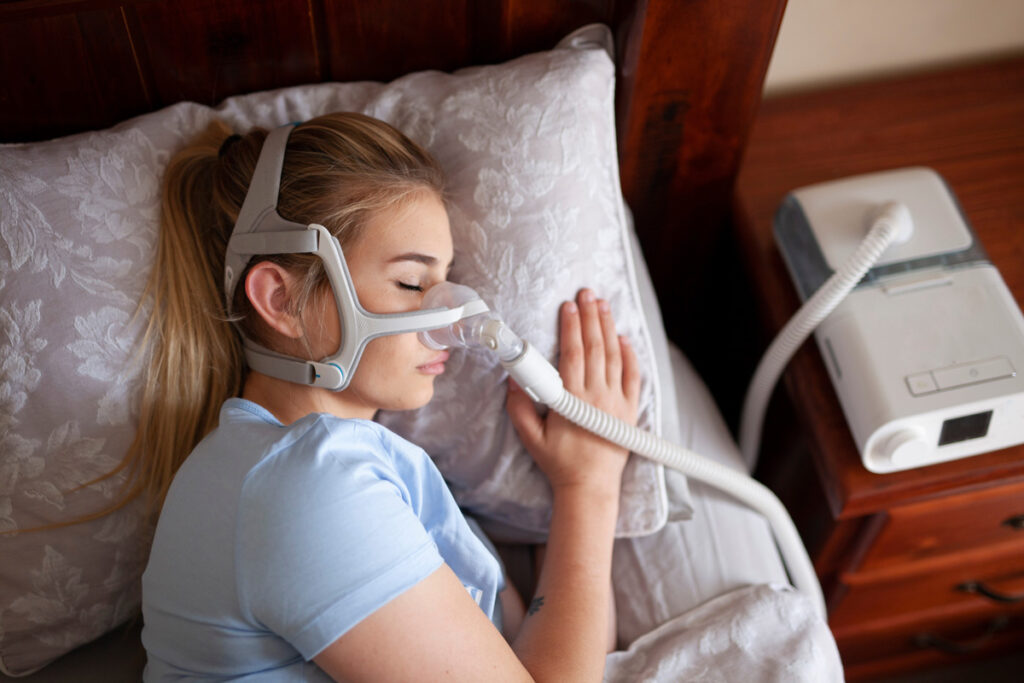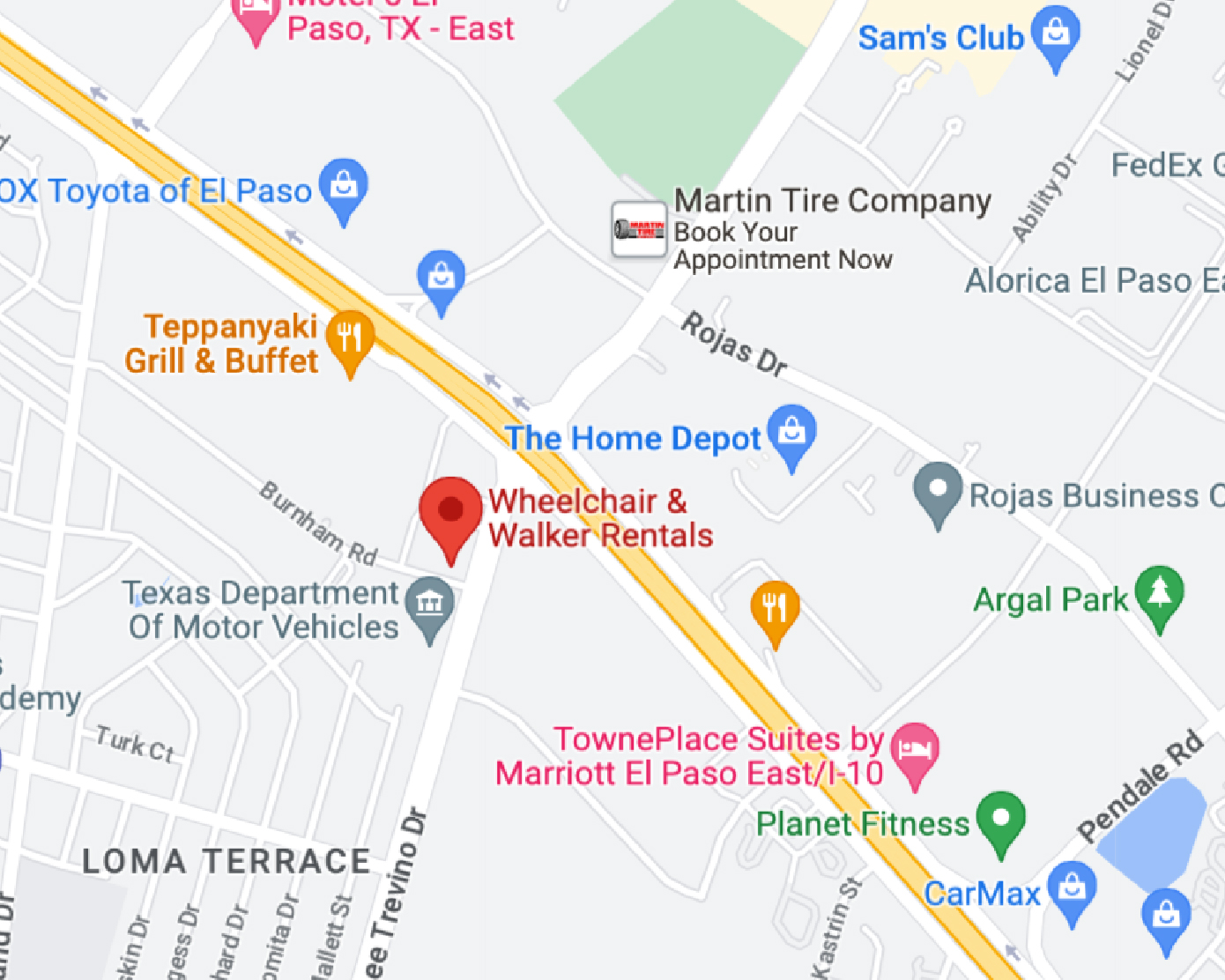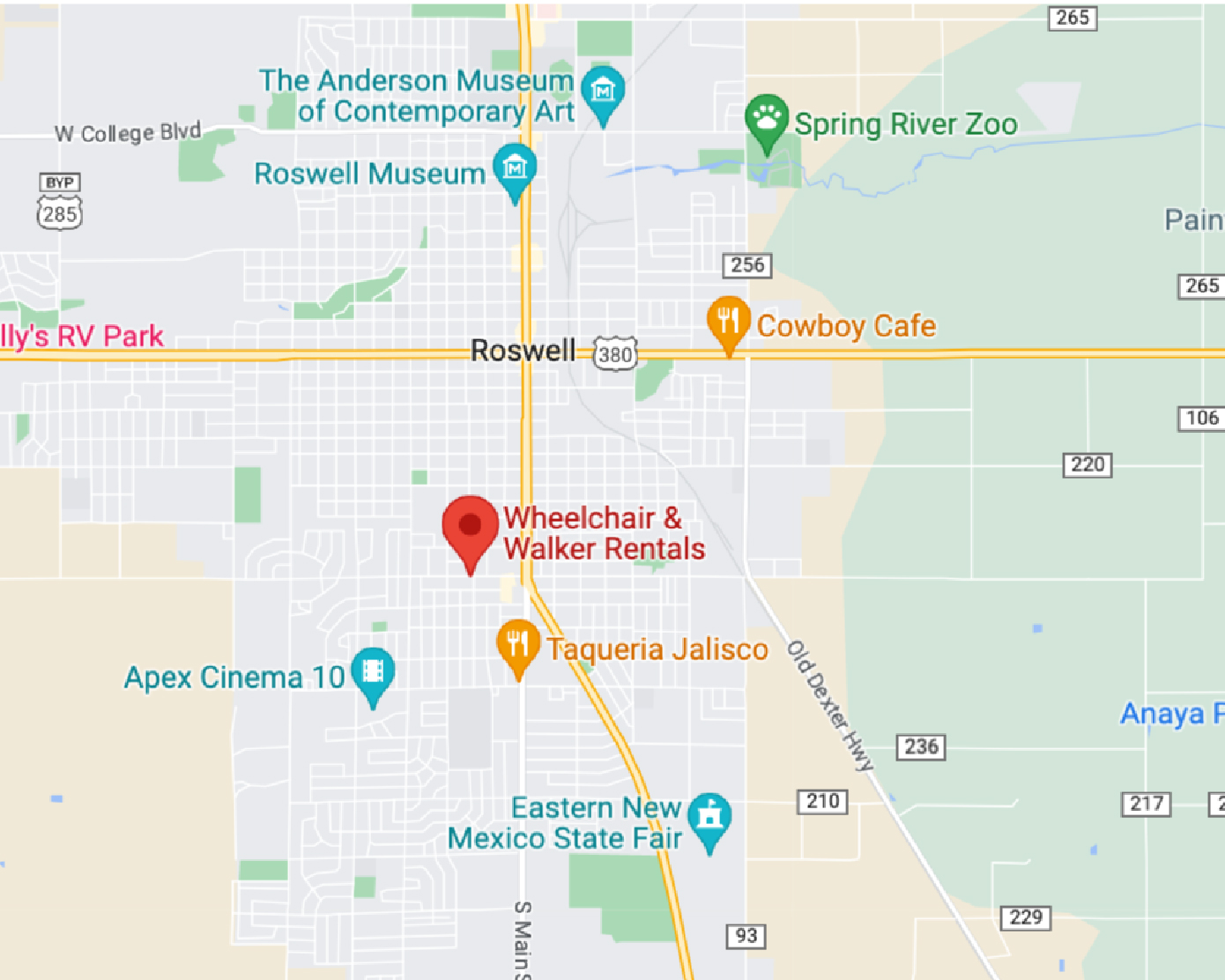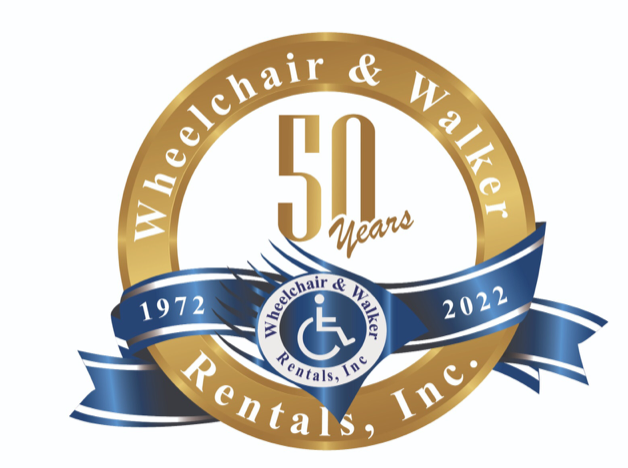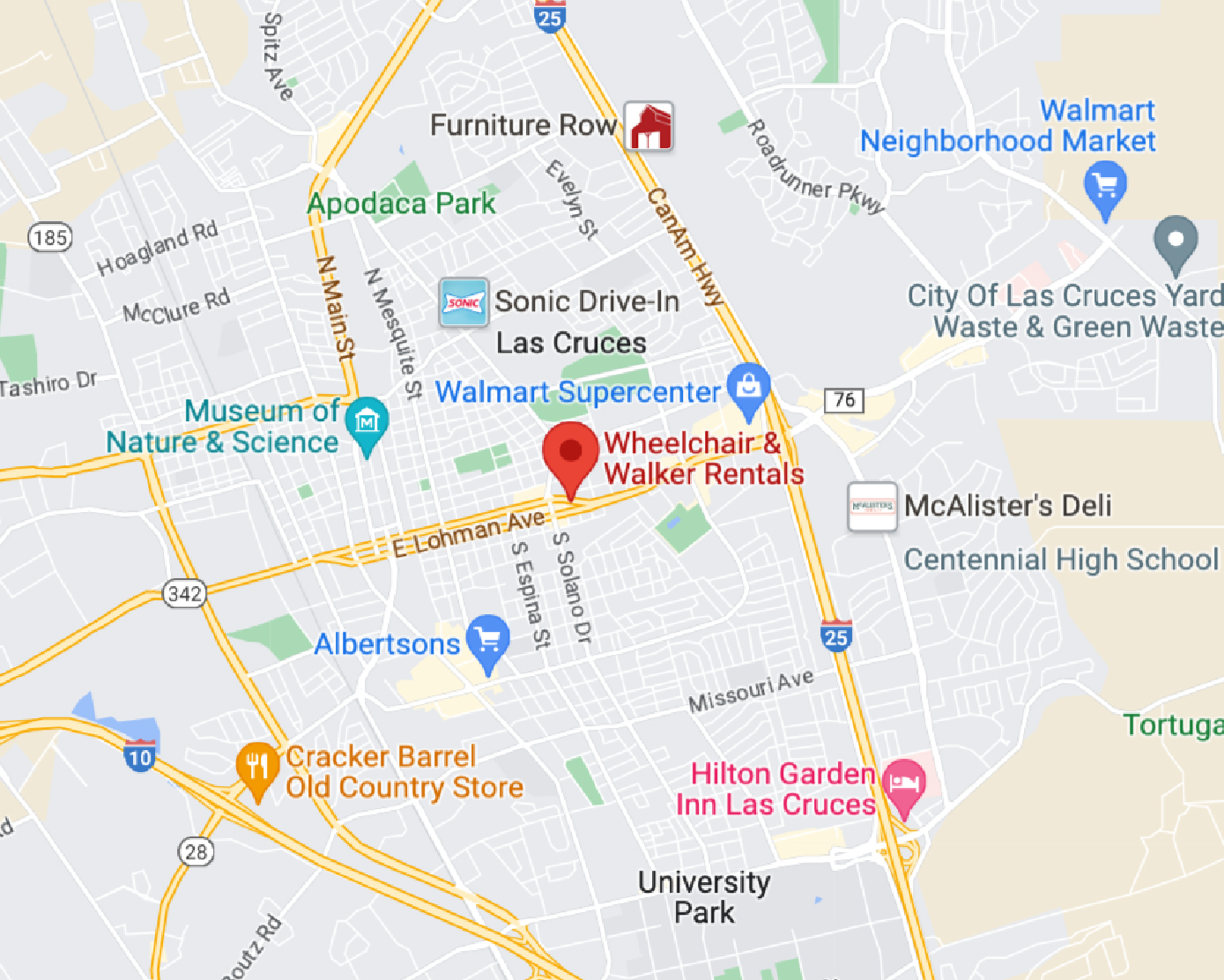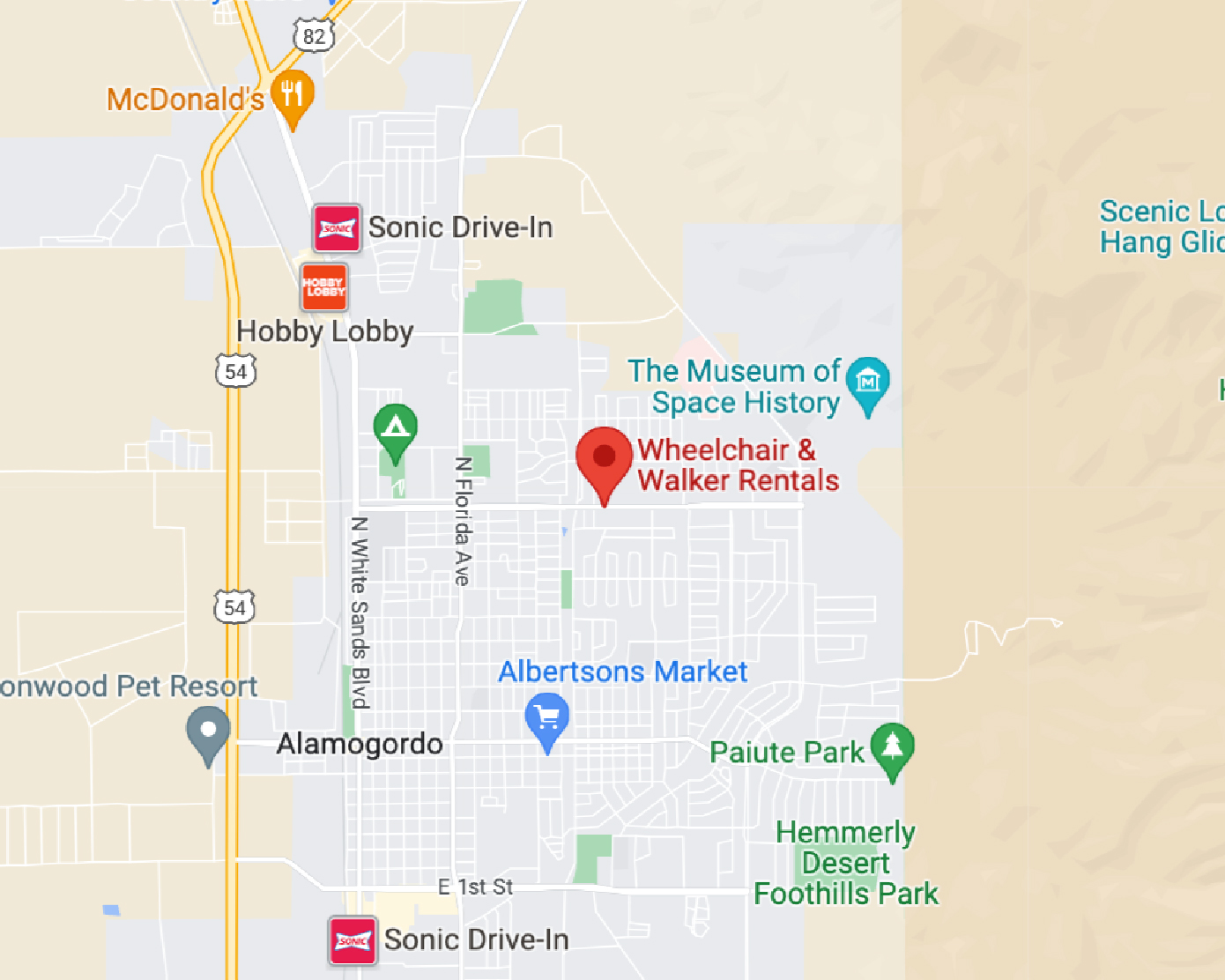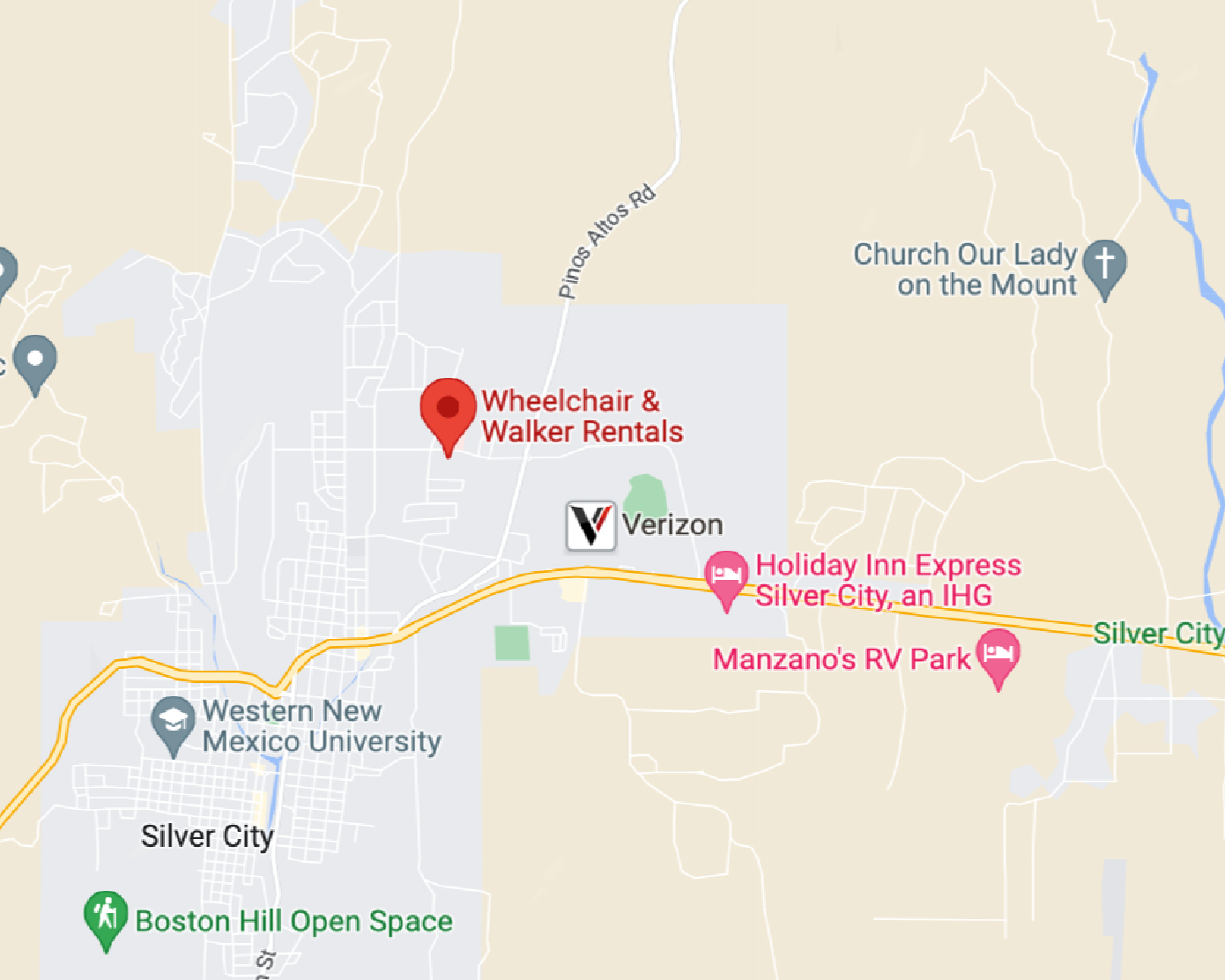Continuous Positive Airway Pressure (CPAP) therapy has become a lifeline for many individuals struggling with sleep apnea and other breathing disorders. However, the approach to CPAP treatment isn’t one-size-fits-all. Understanding the specific needs and challenges faced by each age group is crucial for healthcare providers and caregivers alike.
If you’re in need of medical equipment in West Texas and Southern New Mexico, look no further than Wheelchair & Walker. With a commitment to providing top-quality products and excellent service, we’re your trusted partner in managing healthcare needs. To learn more, contact us online or call (915) 544-7144 today.
Is CPAP Therapy Tailored Differently for Children, Adults, and Seniors?
Here’s a breakdown of how CPAP therapy is tailored for children, adults, and seniors and the role CPAP machines play:
- Children:
- Children with sleep apnea often have different underlying causes compared to adults, such as enlarged tonsils or adenoids.
- CPAP therapy in children may require specialized masks designed for pediatric use to ensure a proper fit and comfort.
- Pediatric CPAP machines typically have adjustable pressure settings suitable for children’s needs.
- Continuous monitoring and follow-up with pediatric sleep specialists are essential to ensure proper growth and development, as well as effective treatment outcomes.
- Adults:
- CPAP therapy is commonly prescribed as the first-line treatment for adults with moderate to severe obstructive sleep apnea.
- Treatment initiation usually involves a sleep study to determine the optimal pressure settings for the CPAP machine.
- Adults may have a wider range of mask options to choose from, including nasal masks, nasal pillows, and full-face masks, based on personal comfort and tolerance.
- Regular follow-up appointments with sleep specialists or respiratory therapists are recommended to monitor treatment efficacy and address any issues or concerns.
- Seniors:
- Elderly individuals often have comorbidities such as cardiovascular diseases or cognitive impairments that may affect CPAP therapy adherence.
- CPAP therapy may need to be adjusted to accommodate age-related changes in physiology, such as decreased muscle tone or changes in sleep patterns.
- Close monitoring for potential side effects of CPAP therapy, such as skin irritation or nasal congestion, is crucial in seniors.
CPAP Machines in El Paso
Whether you’re seeking CPAP machines for yourself or a loved one, Wheelchair & Walker is your one-stop destination for quality medical equipment in West Texas and Southern New Mexico. Call (915) 544-7144 today.

